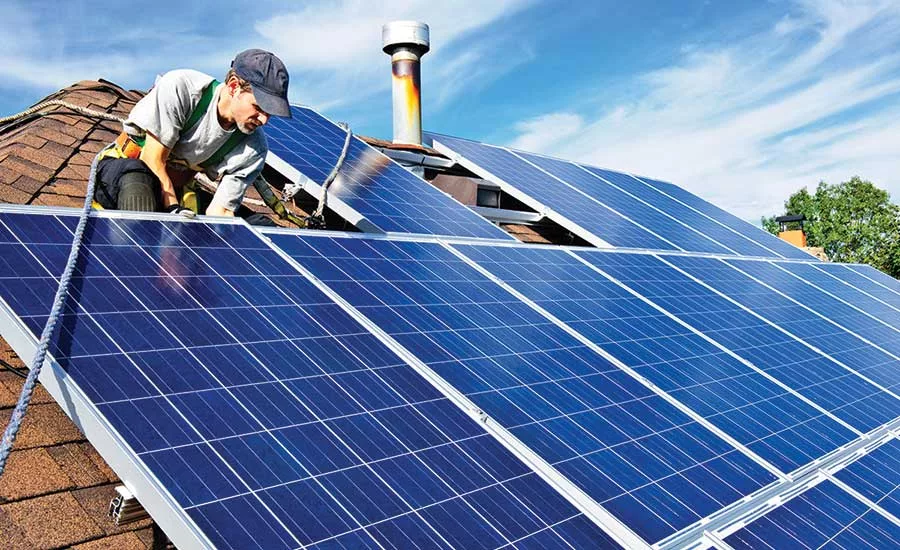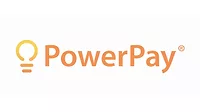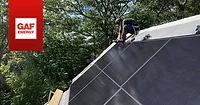PosiGen Secures $20M in Funding from GAF Energy for Solar Projects

The California Energy Commission adopted a sweeping change to the California Code of Regulations — effective Jan. 1, 2020, requiring new residential homes in California to have solar panel technology.
NEW ORLEANS — PosiGen has secured a $20 million "tax equity investment" from GAF Energy that it says will support installation of about 2,500 new and upgraded solar systems to homes owned by low-to-moderate income families in several states.
New Orleans-based PosiGen is a provider of renewable energy and efficiency solutions for low-to-moderate income households.
GAF Energy, a Standard Industries company that launched in January, offers integrated solar solutions that are easily installed as part of the millions of roof replacements happening every year in the U.S. GAF Energy also provides tax equity for commercial and industrial scale renewables projects.
"We believe it's important to ensure that all Americans can participate in the growth and expansion of renewable energy, as we pursue energy from every roof,” said Martin DeBono, president of GAF Energy. “This partnership is a great example of how we are working to help empower low and moderate income families with the sustainable cost savings from residential solar.”
Since 2011, PosiGen said it has worked to close the clean energy affordability gap by delivering lower utility bills and other benefits of clean energy through solar panels and energy efficiency upgrades to low-to-moderate homeowners. To date, the company has served over 14,000 customers. The tax equity investment will be used to help people who live in Connecticut, Florida, Louisiana, and New Jersey.
“GAF Energy is a world class leader in roofing and solar technology with a sterling reputation,” said Tom Neyhart, PosiGen CEO. “PosiGen makes solar available to every homeowner, regardless of income or credit score. Together, we have the ability to reach thousands of households traditionally unable to access the benefits of rooftop solar, and that is the most exciting part to us.”
Tax equity financing has been a reliable source of funding for renewable energy projects for the past decade. It is a renewable energy financing structure that permits investors to efficiently and economically utilize federal tax benefits generated by the investment available in renewable energy projects.
A July 2018 story in Forbes explained how it works:
"Under this structure, a developer and tax investor form a holding company that owns the project's assets (e.g., the real property, the interconnection rights...etc.). The financial institution contributes capital and, in exchange, receives the tax benefits (Production Tax Credits and depreciation) and cash distributions during the first ten years the project operates, allowing the investor to recover and earn on its investment. When the tax equity partner has recovered its investment and captured the tax credits, the ownership structure flips. The developer becomes the majority owner and usually has the right to buy out the tax equity investor's remaining fractional stake. In this way, a developer has built a (project) for a fraction of the installed cost in exchange for handing over the tax credits and cash distributions to the investor."
Separately, in January, PosiGen reportedly secured a $90 million credit line from the Connecticut Green Bank, a public fund, Inclusive Prosperity Capital, and LibreMax.
Looking for a reprint of this article?
From high-res PDFs to custom plaques, order your copy today!









